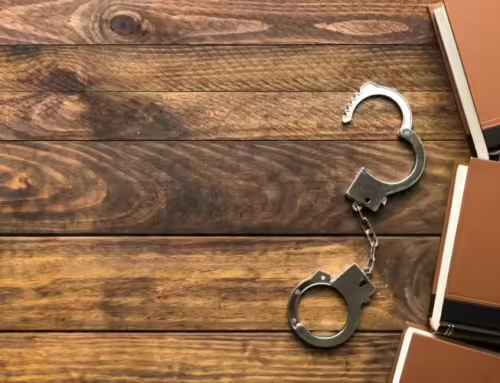All drug charges in the State of Washington, including drug trafficking, must be taken seriously. The penalties for drug crimes are devastating. They can take away a person’s freedoms for years, while also causing substantial financial harm. The Seattle drug crime lawyers at Black Law have over 20 years of combined experience representing persons on drug charges. They understand the severity of these offenses and fight hard to protect your liberties.
What is Drug Trafficking?
Washington’s drug trafficking laws penalize the following:
- Drug manufacturing;
- Drug possession;
- Drug distribution/sale; and,
- Illegally transporting drugs for distribution.
Drug trafficking generally refers to large-scale drug distribution activity, usually conducted by groups of people working together. Laws targeting drug trafficking provide for serious punishment for this type of concerted activity, especially when it involves drugs in large quantities. Some of the most common drugs that are trafficked in Washington state include: methamphetamine, cocaine, heroin, marijuana, and prescription drugs like Oxycontin, Percocet or Vicodin.
Prosecutors must prove essentially two elements to successfully convict a defendant of a drug trafficking charge. These elements are:
- The defendant knowingly possessed an illegal drug; and,
- The defendant was involved in the sale, transport, or manufacture of the drug; or, intended to distribute or the drug.
Penalties for Drug Trafficking
Drug trafficking of any sort is a felony under Washington law. Trafficking offenses can be charged in either state court or federal court, as drug trafficking is also a federal crime. Cases that involve large amounts of drugs and money, importation of drugs from other countries, and large, often multi-national organizations, are typically charged in federal court. The exact penalties for drug trafficking will depend on the specific facts of a case. In general, however, the penalties for drug trafficking in state court could include:
- Imprisonment of up to 10 years (which can be doubled with prior convictions); and /or,
- A fine of up to $100,000.
The sentences for drug trafficking can also increase if certain “enhancement factors” are involved in a case. One example of an enhancement factor is if a minor was involved in the crime. A second example is when a person sells drugs in a school zone. Especially in federal court, offenses that involve both drugs and firearms can lead to especially harsh penalties, including mandatory minimum sentences.
An additional significant issue in most drug trafficking cases is that the government will seize and attempt to forfeit assets related to drug trafficking operations. For example, an international drug trafficking crime can lead to the forfeiture of all assets related to the drug trafficking business. They can do this civilly or criminally, and it is very important to coordinate the defenses of related criminal and asset forfeiture cases.
Defenses to Drug Trafficking Charges
Legal defenses to drug trafficking do exist. Recall, for example, that one element of this offense is that a defendant possessed an illegal drug. This means a possible defense is that the person accused did not knowingly possess the drug in question. A Seattle drug crimes attorney can also argue that the evidence gathered in a case was done in violation of the defendant’s rights. This is often the most crucial aspect of defending a drug crime case, and typically turns on complex constitutional law issues.
Know, though, that it takes a skilled and experienced criminal defense attorney to successfully raise a valid defense. The attorneys at Black & Askerov are just that. They are proven and tested, with over thirty years of combined experience when it comes to defending clients on drug trafficking charges. They are tireless in their efforts and dedicated in their representation. If you or a loved one is facing a charge of drug trafficking, contact Black & Askerov now for the quality assistance you deserve.





